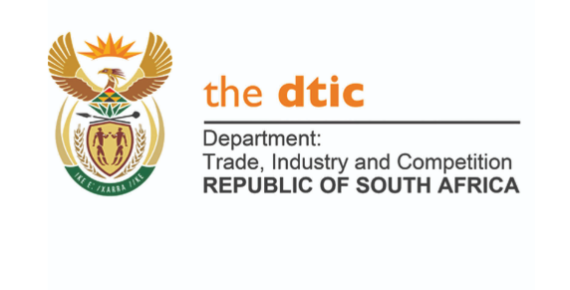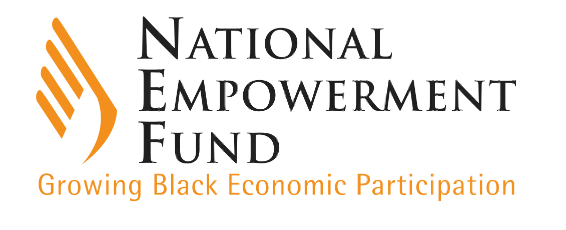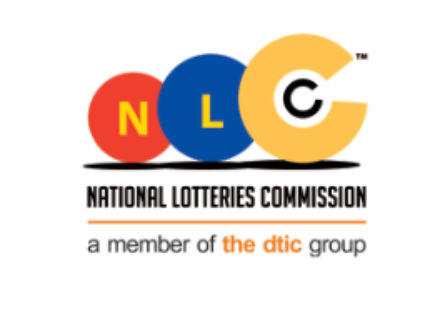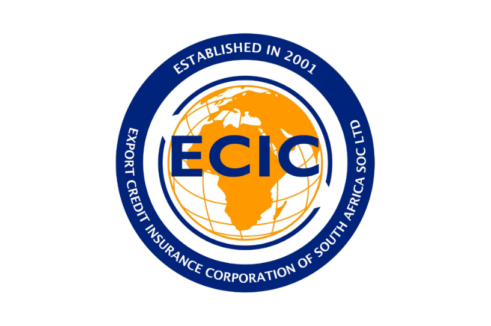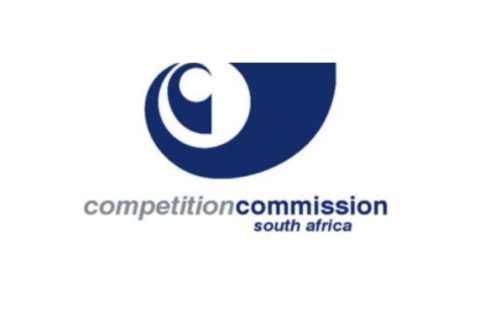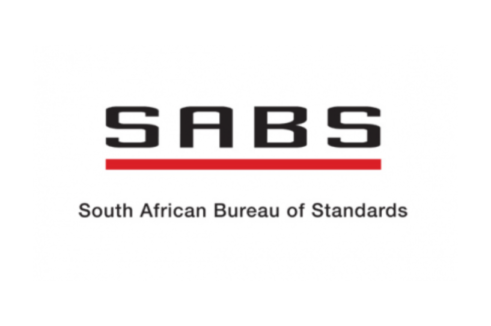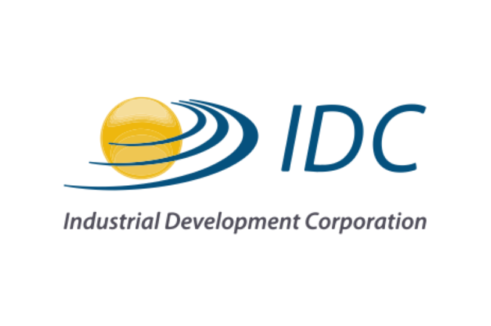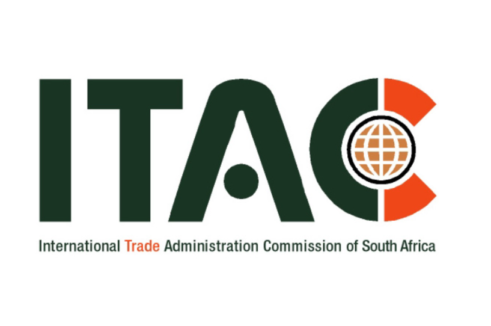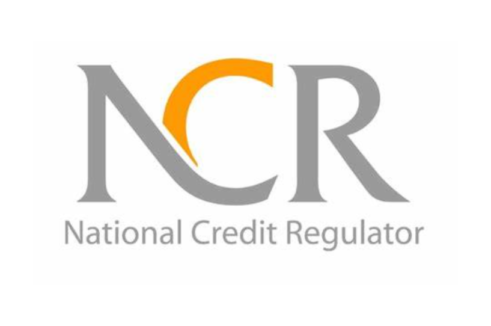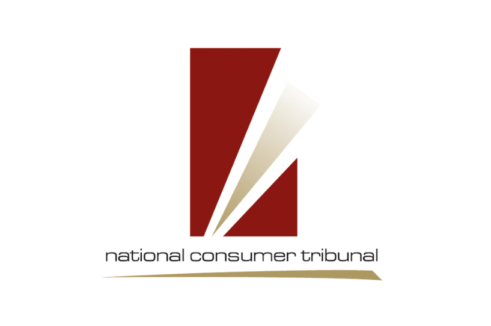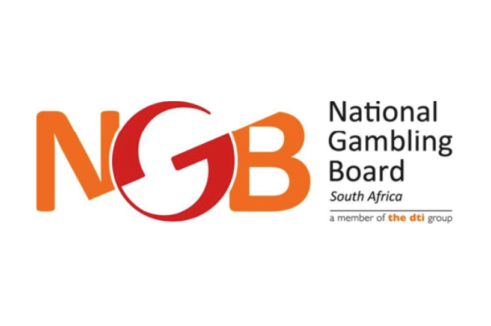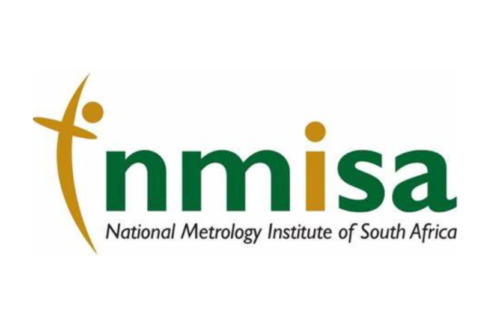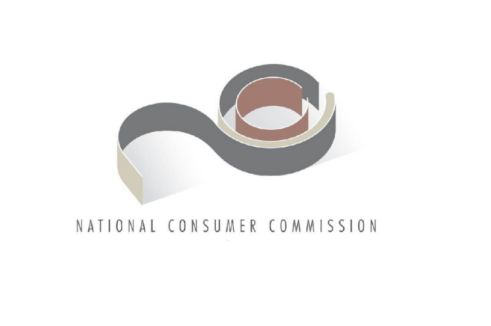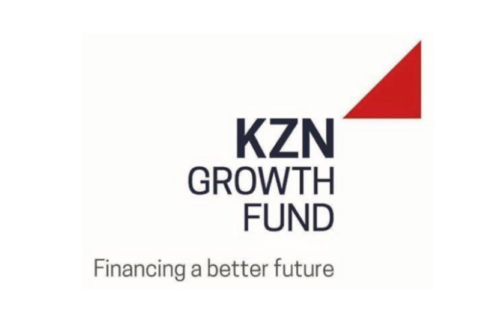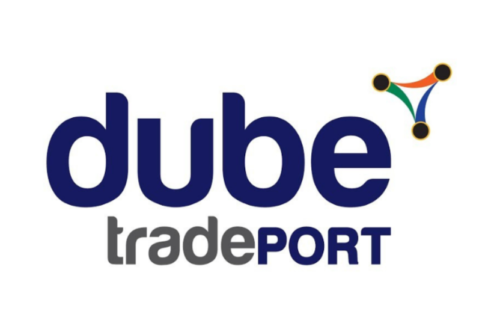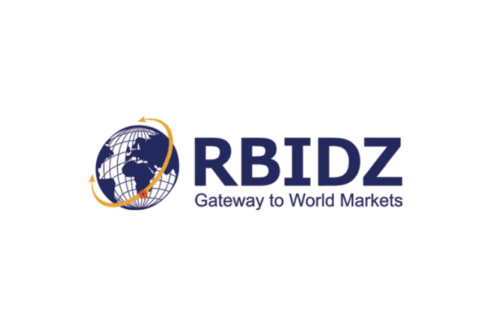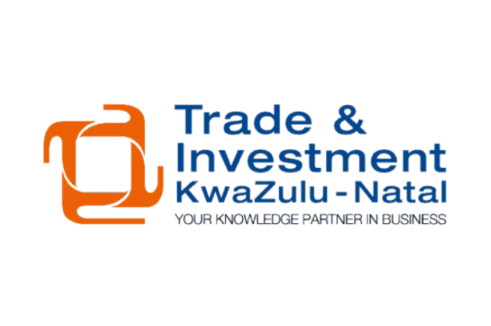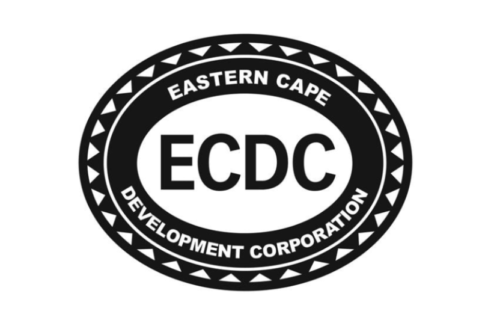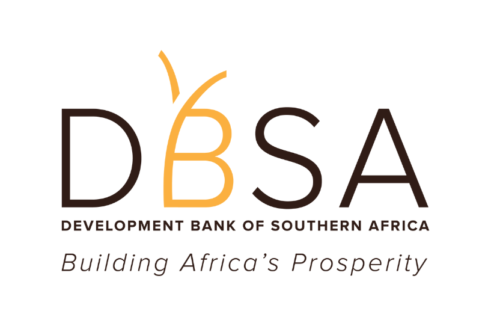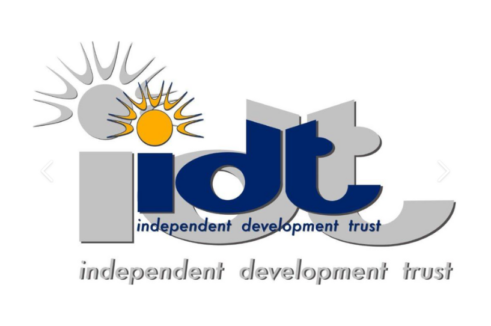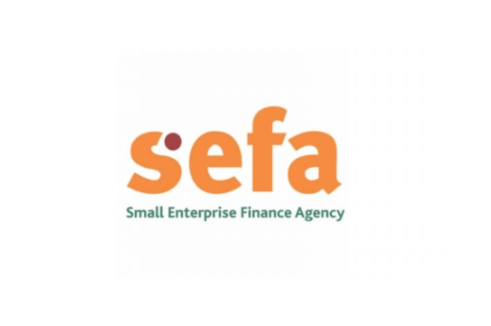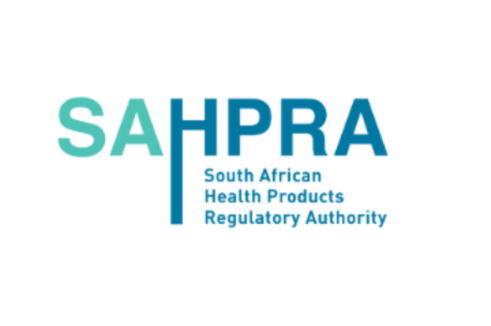
Welcome to our comprehensive directory of organizations dedicated to supporting Small, Medium, and Micro Enterprises (SMMEs) in various aspects of business development. Whether you’re seeking financial assistance, guidance through the incubation process, opportunities for exporting your products, resolution of conflicts, access to tenders, or more, you’ll find a wealth of resources here.
Our curated list includes both government and private institutions committed to fostering the growth and success of SMMEs. Explore the links provided to connect with these invaluable resources and take your business to new heights.
the dtic
The Department of Trade, Industry and Competition (the dtic) was established after the merger of the Department of Trade and Industry and the Economic Development Department. the dtic’s Mission is to:
Promote structural transformation, towards a dynamic industrial and globally competitive economy
Provide a predictable, competitive, equitable and socially responsible environment, conducive to investment, trade and enterprise development
Broaden participation in the economy to strengthen economic development
Continually improve the skills and capabilities of the dtic to effectively deliver on its mandate and respond to the needs of South Africa’s economic citizens
Co-ordinate the contributions of government departments, state entities and civil society to effect economic development
Improve alignment between economic policies, plans of the state, its agencies, government’s political and economic objectives and mandate.
National Empowerment Fund
The National Empowerment Fund, Established by the National Empowerment Fund Act No 105 of 1998 (NEF Act), the National Empowerment Fund (the NEF) is a driver and thought-leader in promoting and facilitating black economic participation by providing financial and non-financial support to black-owned and managed businesses, and by promoting a culture of savings and investment among black people. The operations of the NEF are governed by the Public Finance Management Act No 1 of 1991 (PFMA), including the National Treasury Regulations, the King III Report on Governance for South Africa and the Protocol on Corporate Governance in the Public Sector, 2002.
The Companies Tribunal
The Companies Tribunal (the Tribunal) is an agency of the Department of Trade and Industry
(the dti) established in terms of the Companies Act No. 71 of 2008 to provide speedy resolution of company disputes. The Tribunal has jurisdiction throughout the Republic of South Africa.
It is independent, and subject to the Constitution and the law. It exercises its functions in accordance with the Act and performs its functions fairly, without fear, favour or prejudice and in a transparent manner.
National Lotteries Commission
Non-profit entities working for the public good are eligible for funding from the National Lotteries Commission. This covers a wide range of organisations including:
Non-profit organisations (NPOs)
Non-governmental organisations (NGOs)
Section 21 companies
Public benefit trusts
Sporting bodies and sports clubs
Educational institutions
Recreational clubs; and
Cultural bodies
Eligible organisations range from national structures right down to small community groups.
Export Credit Insurance Corporation of South Africa SOC LTD (ECIC)
The Export Credit Insurance Corporation of South Africa SOC LTD (ECIC) is the official Export Credit Agency (ECA) of the South African Government, established on 2 July 2001 under the Export Credit Insurance Act 78 of 1957. export credit insurance and foreign investment insurance, as amended. The company, established in 2001, has the mission to facilitate and promote South African export trade by underwriting bank loans and overseas investments to enable South African entrepreneurs to secure goods contracts. equipment and service in countries other than South Africa. It operates under the auspices of the Department of Trade, Industry and Competition, as a stand-alone company and a Schedule 3B entity under the Public Finance Management Act 1999 (as amended).
The Competition Commission
The Competition Commission is a statutory body constituted in terms of the Competition Act, No 89 of 1998 by the Government of South Africa empowered to investigate, control and evaluate restrictive business practices, abuse of dominant positions and mergers in order to achieve equity and efficiency in the South African economy.
The South African Bureau of Standards (SABS)
The SABS is the apex national standardisation institution in South Africa, established by the Standards Act, 1945 (Act No. 24 of 1945), and continues to exist under the Standards Act, 2008 (Act No. 8 of 2008). The SABS is a Schedule 3B public entity under the Public Finance Management Act, 1999 (Act No. 1 of 1999) (PFMA). The objectives of the SABS are:
Develop, promote, and maintain South African National Standards (SANS)
Promote quality in connection to commodities, products, and services
Render conformity assessment services and matters connected therewith.
The Industrial Development Corporation (IDC)
The Industrial Development Corporation (IDC) of South Africa Limited was established in 1940 through an Act of Parliament (Industrial Development Corporation Act, 22 of 1940) and is fully owned by the South African Government.
IDC priorities are aligned with the national policy direction as set out in the National Development Plan (NDP), Industrial Policy Action Plan (IPAP) and industry Master Plans. Our mandate is to maximise our development impact through job-rich industrialisation, while contributing to an inclusive economy by, among others, funding black-owned and empowered companies, black industrialists, women, and youth-owned and empowered enterprises.
Simultaneously, the IDC must ensure its long-term sustainability through prudent financial and human resource management, safeguard the natural environment, and increasingly position itself as a Centre of Excellence for development finance.
The International Trade Administration Commission of South Africa (ITAC)
The International Trade Administration Commission of South Africa (ITAC) is a schedule 3A Public Entity established in terms of the International Trade Administration Act, No 71 of 2002, and came into force on 1 June 2003. ITAC replaced its predecessor, the Board of Tariffs and Trade (BTT) that was established in 1986. The predecessor of the BTT is the Board on Trade and Industries (BTI) that dated back to 1924. The aim of ITAC, as stated in the Act, is to foster economic growth and development in order to raise incomes and promote investment and employment in South Africa and within the Common Customs Union Area by establishing an efficient and effective system for the administration of international trade subject to this Act and the Southern African Customs Union (SACU) Agreement. The core functions are: customs tariff investigations; trade remedies; and import and export control.
The National Credit Regulator (NCR)
The National Credit Regulator (NCR) was established as the regulator for the South African credit industry by the National Credit Act (34 of 2005) (NCA). It is tasked with consumer education, research, policy development, registration of industry participants, investigation of complaints and enforcement of the NCA.
The NCA requires the NCR to promote the development of an accessible credit market, particularly to address the needs of historically disadvantaged persons, low income persons, and remote, isolated or low density communities.
The NCR registers and ensures compliance to the NCA by the following industry participants: credit providers, credit bureaus, debt counsellors, alternative dispute resolution agents and payment distribution agents.
The Competition Tribunal
The Competition Tribunal is an independent adjudicative body established in terms of section 26 of the Competition Act, No. 89 of 1998 (Act). It has jurisdiction throughout the Republic of South Africa. It exercises its functions in accordance with the Act, the Constitution and without fear, favour or prejudice.
The Competition Tribunal is one of three independent authorities established in terms of the Act. These are:
the Competition Commission, which is the investigative and enforcement authority
the Competition Tribunal, which adjudicates on matters referred to it by the Competition Commission, and
the Competition Appeal Court, which considers appeals or reviews against Tribunal decisions.
The National Consumer Tribunal
The National Consumer Tribunal was established in terms of the National Credit Act 34 of 2005 (the NCA).
The Tribunal is an independent adjudicative entity, deriving its mandate from the National Credit Act (NCA). As such, it hears all sides of a case before making a decision. A decision by the Tribunal has the same status as one made by the High Court of South Africa.
Various parties can bring cases before the Tribunal. These can be the National Credit Regulator, consumers, credit providers, debt counsellors and credit bureaux. Cases are brought before the Tribunal in terms of the Rules for the Conduct of Matters before the National Consumer Tribunal (Government notice no 30225, 28 August 2007) (the Rules) or the applicable applications and referrals. There are 34 different types of applications and referrals, including provision for a matter that can be brought by order from the High Court on application by a third party. If the Tribunal adjudicates on a matter of prohibited conduct, it can impose a remedy as provided for in the NCA and grant orders for costs. The Tribunal’s mandate includes reviewing decisions made by the National Credit Regulator.
The National Gambling Board
The National Gambling Board is responsible for the oversight of the regulation in the gambling industry throughout the country and to preserve the integrity of South Africa as a responsible global citizen.
The NGB’s strategic intent is to sustain and grow its regulatory capability to position South Africa as the pre-eminent jurisdiction with an exemplary and effectively regulated gambling industry.
The National Metrology Institute of South Africa (NMISA)
The National Metrology Institute of South Africa (NMISA) is a type 3A entity and agency of the Department of Trade, Industry, and Competition (the dtic). It is South Africa’s highest authority on measurement, tasked with developing and maintaining the national measurement standards and providing measurement solutions and confidence in measurement accuracy that underpin South Africa’s economic prosperity, trade and quality of life.
As part of South Africa’s quality infrastructure, NMISA is key in the operation of domestic markets and global competitiveness by ensuring the integrity of measurements conducted at various stages of the value chains of different commodities and manufactured products for the local and export markets NMISA also forms part of the Multi-Stakeholder Quality Forum (MSQF). This forum is a voluntary body of various public entities, and associations representing practitioners and government structures who have an interest in promoting and improving the Quality Infrastructure system in South Africa.
The main objectives are to improve information exchange, strengthen coordination, foster collaboration between different organisations, and to collectively raise awareness of the value of the QI system to the rest of society.
The National Consumer Commission (NCC)
The National Consumer Commission (NCC) is the South African regulatory body, established in terms of Section 85 of the Consumer Protection Act No. 68 of 2008 (CPA). The primary role of the NCC is to protect the interests of consumers and ensure accessible, transparent and efficient redress for consumers. In addressing complaints that allege contravention of the CPA, the NCC:
Promotes the resolution of disputes between consumers and suppliers,
Conducts investigations against those suppliers allegedly engaging in prohibited conduct,
Refer matters for prosecution to the National Consumer Tribunal, and
Promotes compliance with the CPA through advocacy, education, and awareness.
The NCC further, has the responsibility to protect consumers from hazards to their well-being and safety by ensuring that goods that may be unsafe or pose a potential risk from their continued use or exposure to them, are recalled.
The Consumer Protection Act gives the consumer several fundamental consumer rights, in line with the Constitution of the Republic of South Africa, and the United Nation’s Guidelines on Consumer Protection. Any infringement of these rights is an act of non-compliance with the provisions of the Consumer Protection Act. A consumer of goods and services can file a complaint with the NCC, should their consumer rights be undermined by a supplier.
KZN Growth Fund
Established in 2008 by the KZN Department of Economic Development , Tourism and Environmental Affairs (EDTEA) as a key strategic initiative to accelerate Broad-Based Black Economic Empowerment (B-BBEE), job creation, and economic growth in the KZN Province.
KZN Growth Fund (KGFT) was structured as a unique public-private partnership venture to finance medium to large private sector projects. The main stimulus being to co-fund and or fund catalytic investments within impact industries as governed by KGFT’s mandate and investment policy.
In the past decade, KGFT has committed and disbursed almost R1 billion to ten projects in the KZN province in the healthcare, manufacturing, telecommunication and logistics sectors in doing so has accomplished its primary objectives by job opportunities.
Dube TradePort
The organization’s name originates from a greatly revered and hugely important figure in South African history and a leading member of the educated African elite in the late 19th and early 20th centuries, John Langalibalele Dube. John Langalibalele Dube was an educator, clergyman, writer, newspaper editor, civil rights leader, and the first President-General of the then South African Native National Congress, which later became the African National Congress. He was the founder of the Ohlange Institute, located outside of Durban, which was where Nelson Mandela famously cast his vote in South Africa’s first democratic election in 1994. With his roots firmly entrenched in the area around the now Dube TradePort Special Economic Zone, he is justifiably acclaimed as a renaissance man; a man who achieved remarkable feats in the face of the most daunting of challenges in the quest for freedom and equality within South Africa.
It was, therefore, both right and fitting that a world-class facility that today offers so many opportunities to the nation be named after him. A sculpture commemorating the life and work of John Dube holds pride of place in Dube Square, located in the heart of Dube City – a stone’s throw from the passenger terminal at King Shaka International Airport. Dube City is set to become the focal point of the emergent Durban Aerotropolis, or airport city, and a natural meeting place for the business community, traders, and local and global travelers.
Richards Bay Industrial Development Zone Company (SOC) Ltd (RBIDZ)
Situated in the Northern Coast of South Africa, the Richards Bay Industrial Development Zone Company (SOC) Ltd (RBIDZ) is a designated Special Economic Zones (SEZ) aimed at international competitiveness, encouraging trade for the attraction of international and domestic investments.
Poised as a hub of trade activities, the Richards Bay IDZ is geared to effect real change in South Africa through the creation of employment opportunities, upgrading skills, technology transfer and broadening of the region’s basket of export products.
Trade & Investment KwaZulu-Natal (TIKZN)
Trade & Investment KwaZulu-Natal (TIKZN) is a South African trade and inward investment promotion agency, established to promote the province of KwaZulu-Natal as an investment destination and to facilitate trade by assisting local companies’ access international markets.
Trade & Investment KwaZulu-Natal Chief Executive Officer (Acting), Sihle Ngcamu, is supported by his management team and board of directors from key industries in KwaZulu-Natal. The institution also boasts highly skilled staff members from, especially, marketing, investment promotion, strategy and research, as well as project management backgrounds.
The organisation came into being following the national government’s decision to divest investment promotion to the provinces, rather than retaining it as a national function as had previously been the case. Internationally, the Department of Trade & Investment promotes the country as an investment destination, whereas Trade & Investment KwaZulu-Natal presents a seamless trade and inward investment promotion for, specifically, KwaZulu-Natal.
The agency is equipped with the professional expertise and experience as well as national and international networks geared to maintaining and growing KwaZulu-Natal’s competitive advantage as a premier investment destination and leader in export trade.
Eastern Cape Development Corporation
ECDC‘s mandate is to plan, finance, co-ordinate, market, promote and implement development of the Province and its people in the fields of industry, commerce, agriculture, transport and finance.
In pursuit of its mandate, the ECDC has the following strategic thrusts to align to the MTSF, NDP2030 and the Provincial Development Plan, guided by these Strategic Themes: (1) Economic transformation, inclusive growth and competitiveness (2) Customer focused solutions (3) Operational efficiency and financial sustainability (4) Pioneering innovation in the key growth sectors, (5) Attracting and retaining the best talent in the sector.
The Automotive Industry Development Centre
The Automotive Industry Development Centre (AIDC) is a subsidiary of the Gauteng Growth and Development Agency (GGDA) which is an agency of the Gauteng Department of Economic Development. The AIDC was established as a support centre to strengthen global competitiveness in the local automotive industry and to bolster the position of Gauteng as an automotive industry destination of choice.
The AIDC has accelerated economic growth within the automotive industry through strategic partnerships with government, non-governmental agencies, and industry leaders. The AIDC prides itself in being a world-class organisation specialising in Skills Development and Training, Enterprise Development, Incubation Programmes, Management of Incentive Programmes and Facility Management.
Development Bank of Southern Africa
The DBSA is a government-owned development finance institution, established in 1983, with the mandate to promote economic growth as well as regional integration for sustainable development projects and programmes across the African continent. DBSA has collected over three decades’ worth of experience in driving transformational change through multi-faceted investments for different types of infrastructure development.
Independent Development Trust (IDT)
The Independent Development Trust (IDT) is a Scheduled 2 Public entity under the Public Finance Management Act, No.1 of 1999 as amended. The entity reports to the Parliament through its Executive Authority, the Minister of Public Works and Infrastructure. It was established in 1990 as a civil society organisation. In 1997, Cabinet decided that the IDT should cease to be a civil society organisation and be reconstituted as a public entity and development agency that supports the government in the implementation of government development programmes.
The IDT is mandated to support all spheres of government with social infrastructure management and programme implementation. The IDT portfolio of programme is broadly categorised into social infrastructure programmes and social development programmes.
Social infrastructure programmes entail the provision and maintenance of infrastructure facilities that enable government to deliver social, basic and community services to its citizens. Social infrastructure projects include schools, Early Childhood Development Centres (ECDC), clinics, hospitals, courts, community halls, portable water and sanitation infrastructure, etc.
The Small Enterprise Finance Agency
The Small Enterprise Finance Agency (SOC) Limited (sefa) provides financial products and services to qualifying SMMEs and cooperatives, as defined in the National Small Business Act of 1996 and amended in 2004, through a hybrid of wholesale and direct lending channels within the following sectors:
Services (including retail and wholesale trades and tourism)
Manufacturing (including agro-processing)
Agriculture (specifically land reform beneficiaries and contract-farming activities)
Construction (small construction contractors)
Mining (specifically small scale miners)
Green industries (renewable energy, waste and recycling management). sefa is an implementing agency of the Department of Small Business Development. The agency is a wholly-owned subsidiary of the Industrial Development Corporation Limited (IDC) and was founded on 1 April 2012 – in terms of Section 3 (d) of the Industrial Development Corporation Act, No. 22 of 1940 (IDC Act) – following a Cabinet decision and the 2011 State of the Nation Address to merge three agencies (Khula, the South African Micro-Finance Apex Fund and the IDC’s small business funding unit) into a single entity. sefa has a national presence, with its head office located in Centurion, Gauteng. It operates as a development finance institution (DFI) to foster the establishment, development and growth of SMMEs and cooperatives, and to contribute towards poverty alleviation, job creation and economic growth.
The South African Health Products Regulatory Authority
The South African Health Products Regulatory Authority (SAHPRA) is an entity of the National Department of Health, created by the South African government to ensure that the health and well-being of human and animal health are at its core.
SAHPRA is a Schedule 3A public entity that is responsible for:
the regulation of health products intended for human and animal use;
the licensing of manufacturers, wholesalers, and distributors of medicines and medical devices; radiation emitting devices and radioactive nuclides;
the conduct of clinical trials in a manner that is compatible with the national medicines policy.
The historical trajectory
SAHPRA assumed the roles of both the Medicines Control Council (MCC) as well as the Directorate of Radiation Control (DRC) which were housed at the National Department of Health (NDoH). Subsequently, SAHPRA was constituted as an independent entity that reports to the National Minister of Health through its Board.
